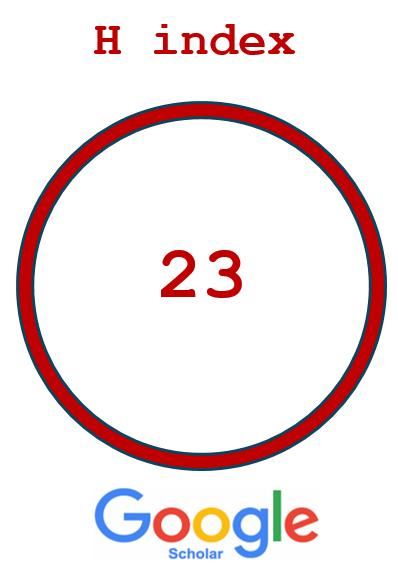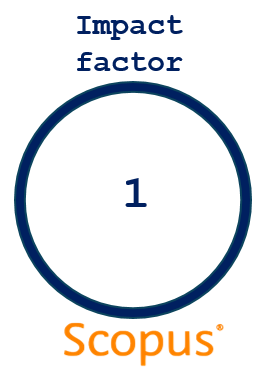ACTA Pharmaceutica Sciencia
2025 , Vol 63 , Num 2
Cisplatin treatment in EMT6 murine breast cancer cells: Impact on cell viability and molecular pathways
1 Istanbul Medipol University, Regenerative and Restorative Medicine Research Center (REMER), Research Institute for Health Sciences and Technologies (SABITA), Istanbul, Türkiye2 Istanbul Medipol University, Graduate School of Health Sciences, Department of Neuroscience, Istanbul, Türkiye
3 Istanbul Medipol University, School of Medicine, Department of Medical Biology and Genetics, Istanbul, Türkiye
DOI : 10.23893/1307-2080.APS6323 Viewed : 1514 - Downloaded : 370 Breast cancer is a prevalent malignancy that requires tailored treatments. Cisplatin, a platinum-based chemotherapy agent, is widely used for its anti-proliferative and pro-apoptotic properties. Understanding its molecular mechanisms is crucial for optimizing its efficacy. We investigated cisplatin"s effect on the EMT6 breast cancer cell line across various doses and durations. Using MTT assay and qPCR, we examined cell survival and gene expressions of PTEN, MAPK, NFEL2L2, and Survivin after 24 h and 48 h of cisplatin treatments. The highest viability was at 5 ?M after 24 h and at 1 and 5 ?M after 48 h, with significant decreases at higher concentrations. Significant changes were observed in MAPK, NFEL2L2 and Survivin, while PTEN remained unaffected. Notably, Survivin was upregulated at lower doses, while NFEL2L2 and MAPK showed no significant changes. Our findings indicate that cisplatin induces apoptosis and alters gene expression in a dose-dependent manner, providing insights into its molecular mechanisms in EMT6 cells. Keywords : breast cancer, ROS, gene expression, cisplatin, cell survival





